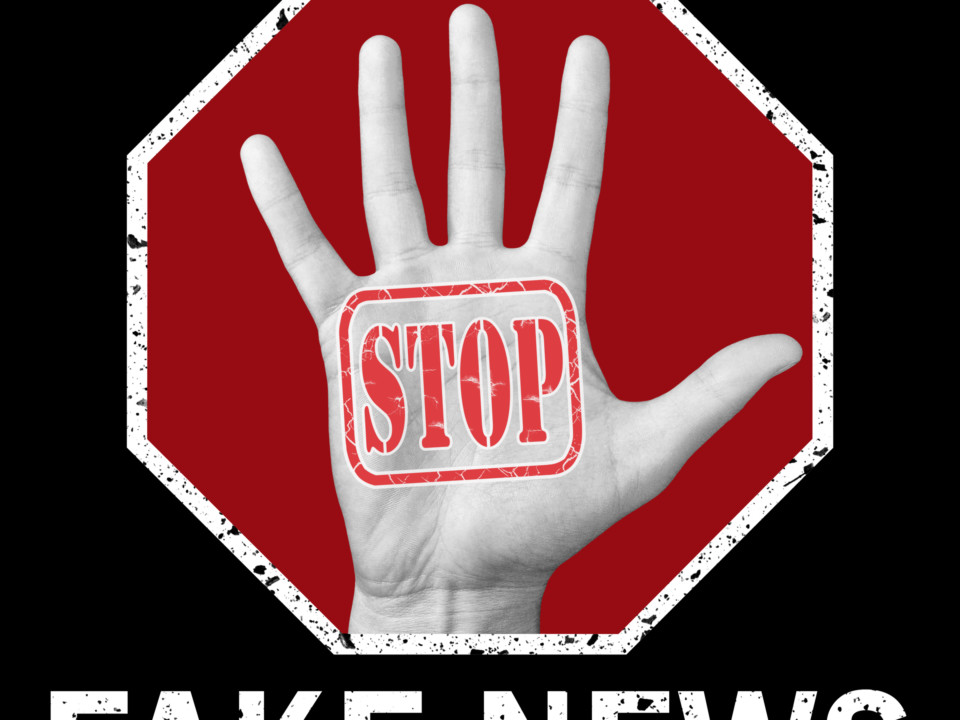The issue of the rotational chief audit executive (CAE) model is one I’ve addressed in the past. In fact, the second blog post I ever wrote — more than nine years ago — was on this topic. My view is pretty clear that the practice, while widespread, has some inherent pitfalls. If not handled well, it can lead to problems, including real and perceived objectivity impairments for not only the CAE but the entire internal audit department.
My apprehension about this practice has grown proportionally to growth in the demands that stakeholders are placing on the profession. Internal audit is at the cusp of transformational change as technology and an expanding scope of work require that it become more agile and innovative.…










